The US Department of Homeland Security used software to scan social media accounts of people visiting America, but it didn't work properly.
Under President Obama, the government considered asking people to voluntarily submit social media profiles, but since the election of President Trump the scheme may become mandatory and more invasive.
The new boss of the US Department of Homeland Security, John Kelly, has said that such checks should be mandatory and travelers should also be forced to provide passwords and banking records. This may take weeks or months, he said, but people will just have to wait before visiting this shining city on the hill.



 Your new post is loading...
Your new post is loading...




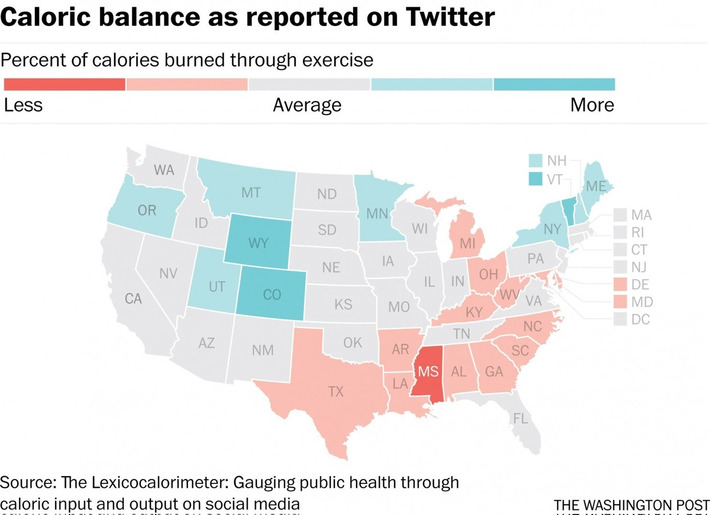
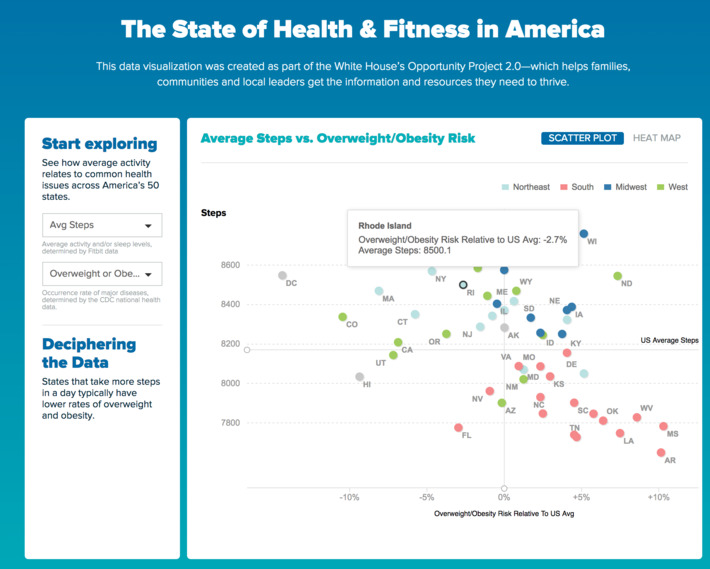
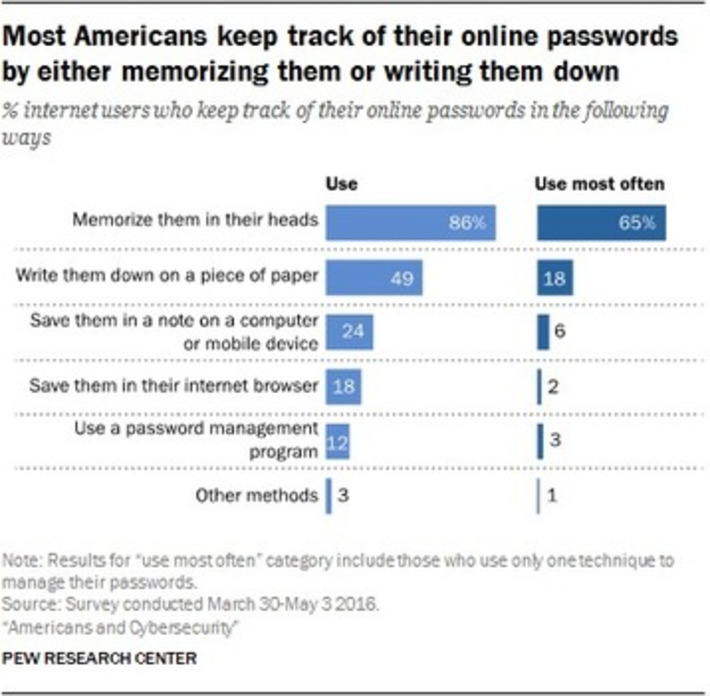

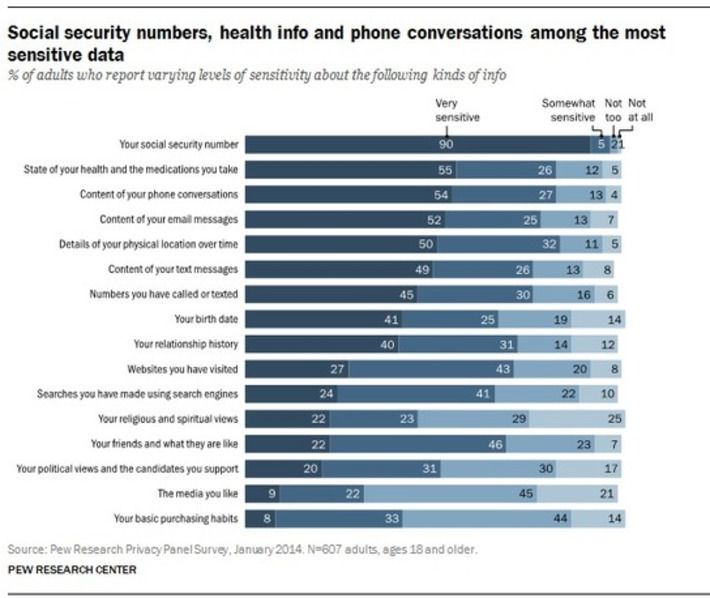
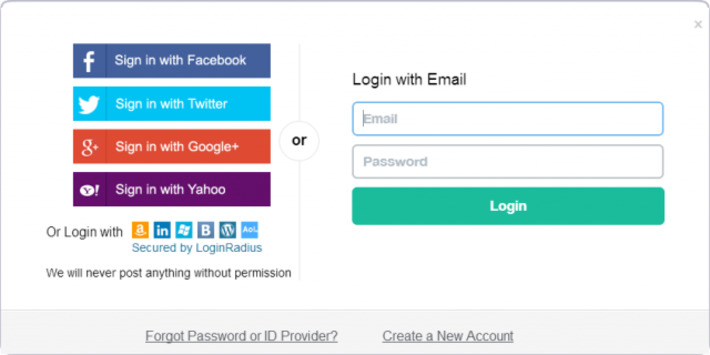


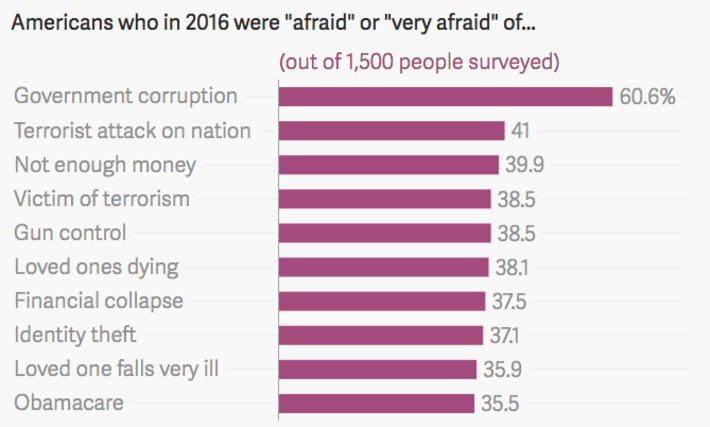
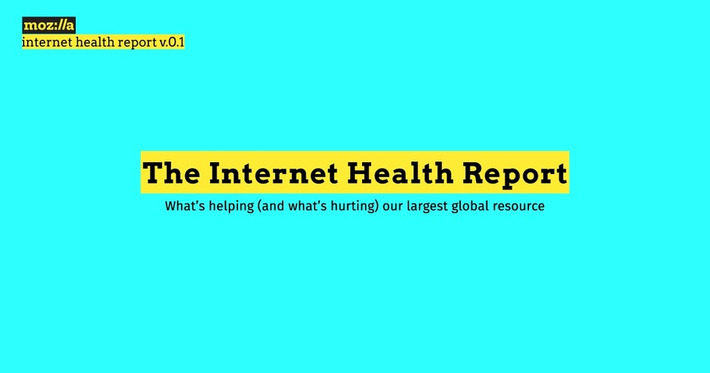
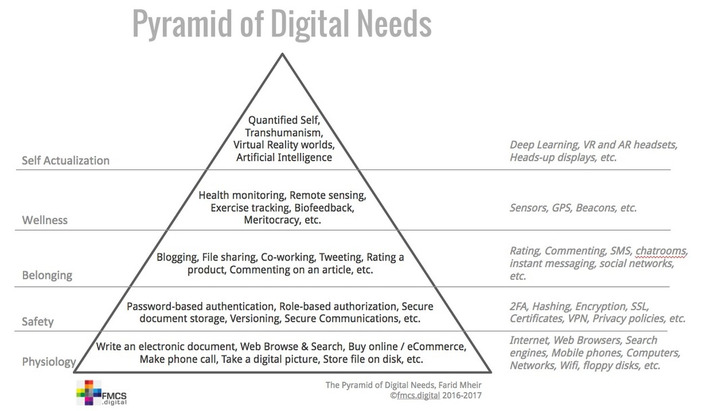



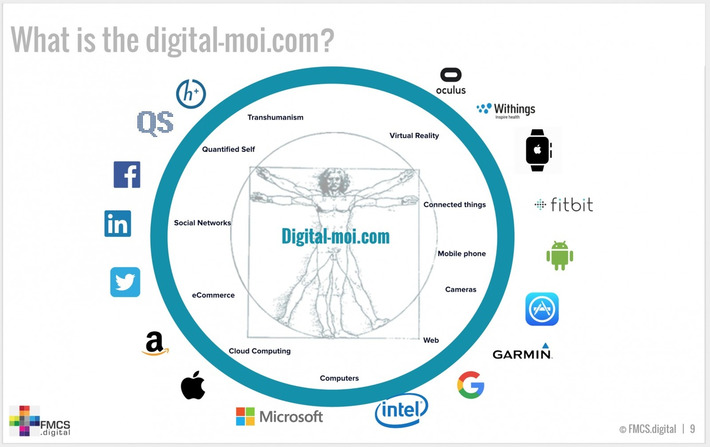
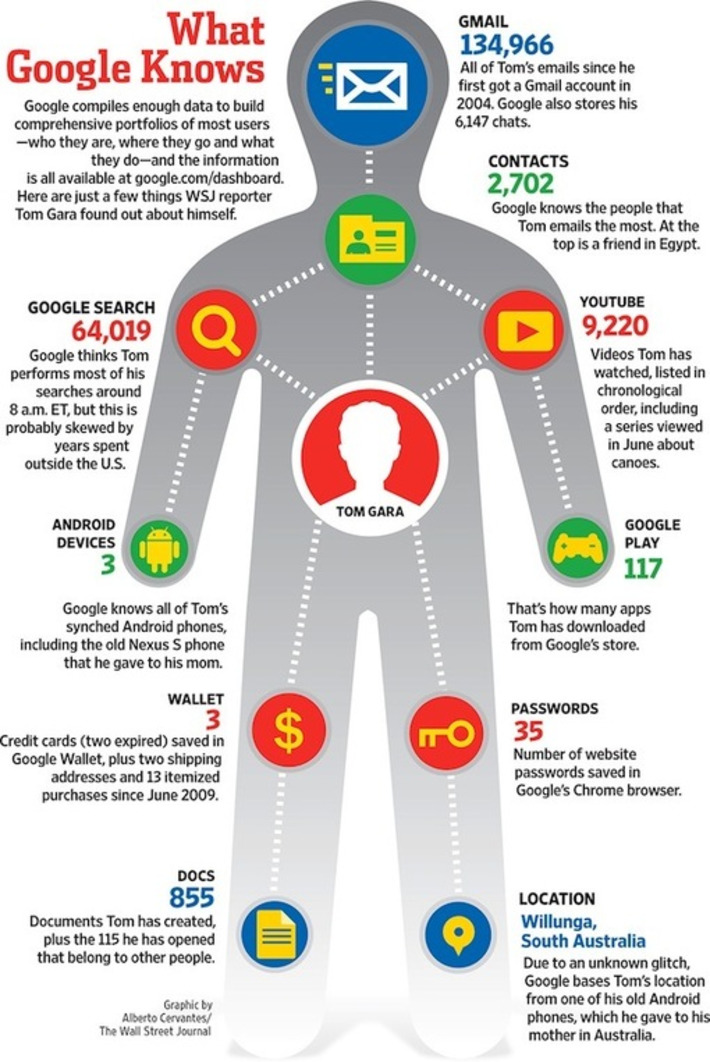

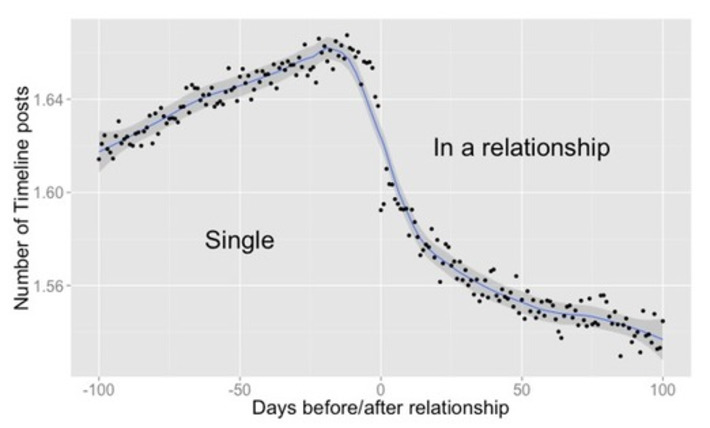





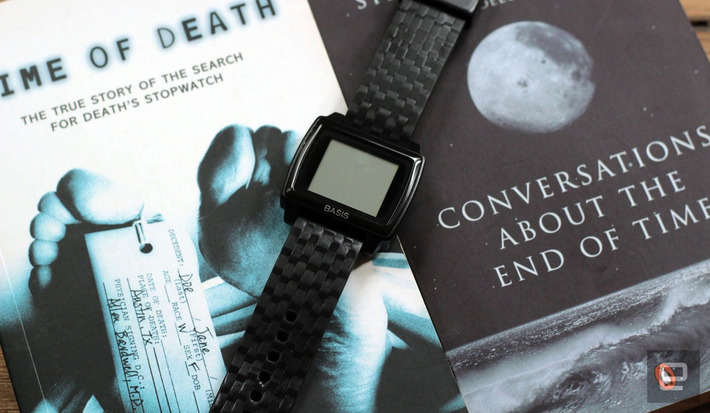


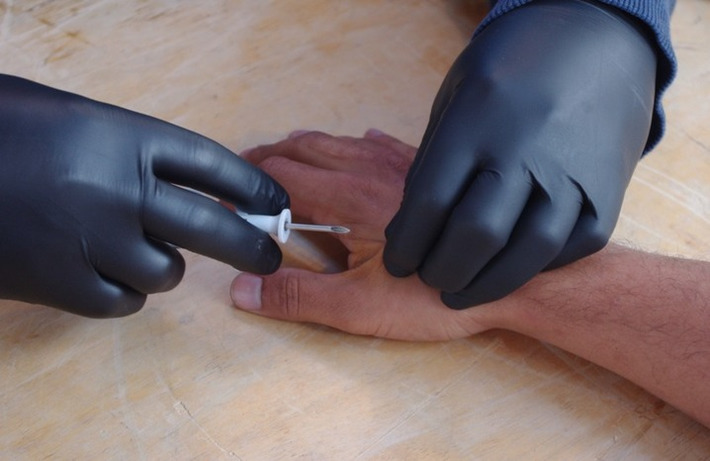
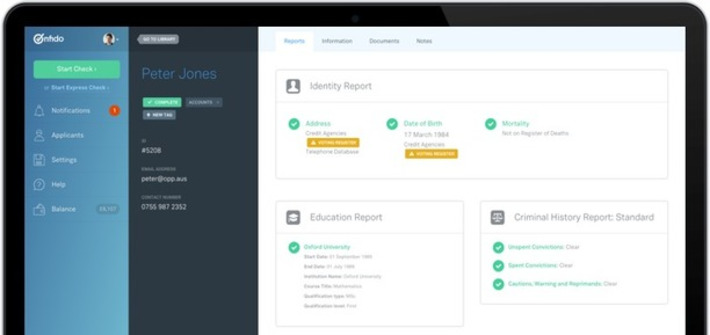
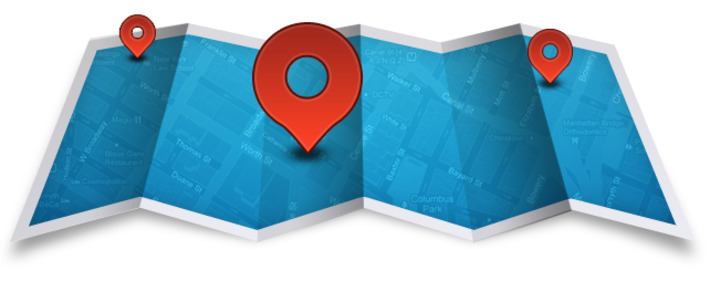












WHY THIS IS IMPORTANT
Besides the obvious invasion fo privacy, this may actually hint at what the future may look like with the miniaturization of cell phones, the presence of heads-up displays and augmented reality. When meeting someone, or simply crossing someone on the street, face recognition and other tools may search the web to provide insights about people we cross and stand in line at the checkout counter.
The impact of such constant surveillance may increase an already high fear of others or increase the impact of wrongful information about ourselves that may reside online.
Even more reasons to protect your digital twin and ensure your digital footprint is minimal.
Follow these links for more.
- know your digital twin: fmcs.digital/blog/digital-twin
- 10 actions to take to protect your digital twin: fmcs.digital/blog/digital-moi-get-started-10-actions